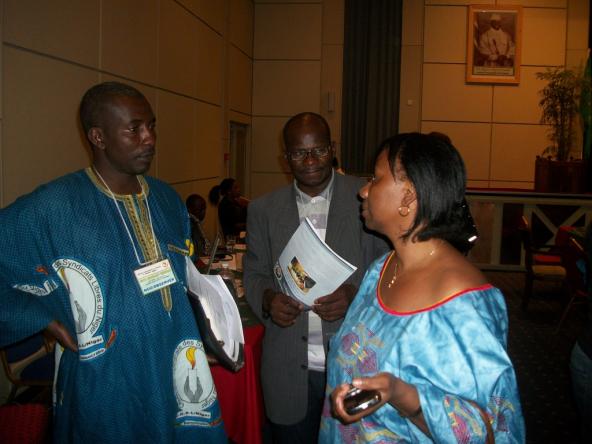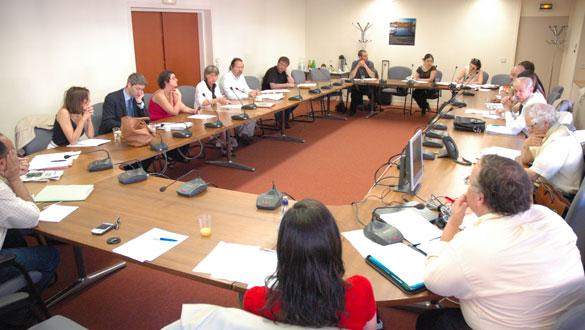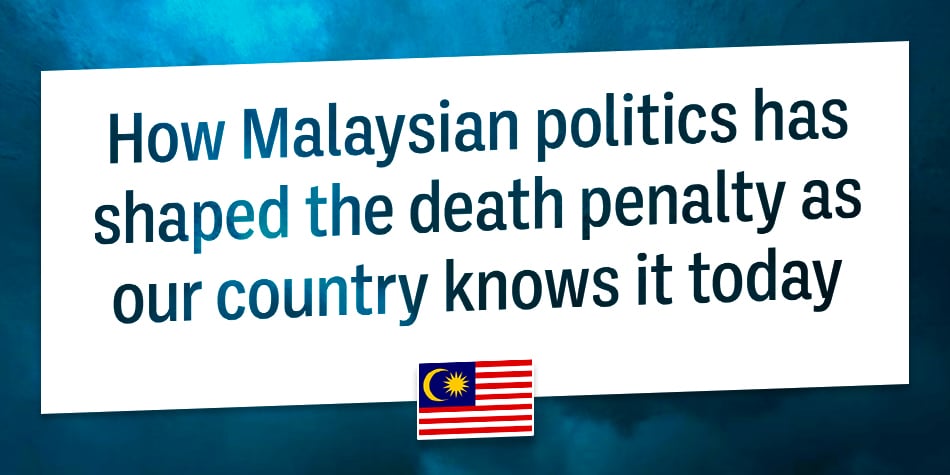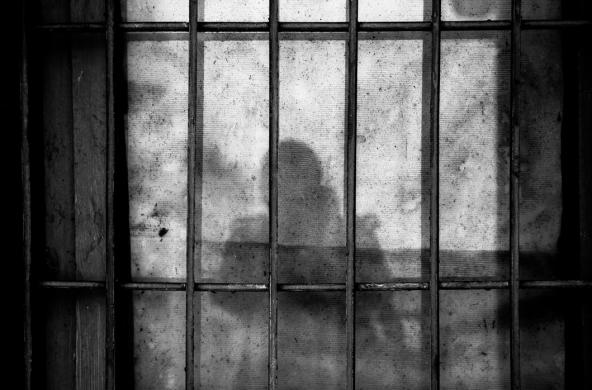
African human rights body targets death penalty
Africa
“Capital punishment is cruel and therefore unjustifiable, unnecessary, irreversible, illogical; and represents a most grave violation of fundamental human rights in particular the right to life under Article 4 of the African Charter.”
This is how Commissioner Zainabou Sylvie Kayitesi, of the African Commission of Human and People’s Rights (ACHPR), described the death penalty in her report to the 49th session of the African rights body, which took place in Banul between 28 April and 12 May 2011.
Kayitesi, who chairs the Commission’s working group on the death penalty, called on the countries that still carry out executions to observe a moratorium in line with United Nations and ACHPR resolutions. She also called on the ACHPR to take measures to abolish the death penalty.
Botswana, Equatorial Guinea, Somalia and Sudan executed prisoners in 2010.
Political will vs. public opinion
A dialogue with several retentionist countries helped further the debate on abolition in Africa, where where capital punishment was abandoned in 16 countries. 20 others have not carried out executions in more than 10 years.
Kenyan representatives argued that public opinion was against abolition because of high crime rates, but Kayitesi replied that many countries had abolished capital punishment without support from public opinion, thanks to their leaders’ political will.
Algerian representatives inisisted that although the death penalty is still legal in their country, it has not been used since 1995 and they were confident that it could be abolished soon.
In a joint presentation, World Coalition members FIACAT, FHRI and PRI highlighted the case of the Democratic Republic of Congo, where parliament recently defeated an abolition bill despite assurances from the government that the country’s constitution had banned the death penalty.
“The undersigned organisations urge the Democratic Republic of the Congo to clarify its position regarding the death penalty and to implement a moratorium on sentencing people to death,” they said.
“Double play” in Mauritania
The Mauritanian Coalition Against the Death Penalty denounced the “double play” of Mauritanian authorities, whereby the courts hand down growing numbers of death sentences in application of what they see as Islamic law while the government, which claims to be abolitionist, makes sure the sentences are not enforced.
On 4 May, the World Coalition and its member organizations held an open session on the margin of the ACHPR meeting.
To host the open session, Commissioner Kayitesi was joined by Asunta Vivo Cavaller, of the International Commission Against the Death Penalty, who offered to work in partnership with ACHPR, and Flavien Zoma of FIACAT.
Zoma, who is from Burkina Faso, detailed figures pointing to a reduction in the use of the death penalty in West Africa, whether through abolition, moratorium or a reduction in the number of capital crimes. However, he warned against obstacles to full abolition in several West African countries, especially based on religious grounds.
Photo (from left): Moussa Almoustapha, SYNAFEN (Niger’s Union of Training and Education Workers); Mahmoud Mbareck El Hacene, Mauritianian Coalition Against the Death Penalty; Commissioner Zainabou Sylvie Kayitesi, African Commission of Human and People’s Rights







